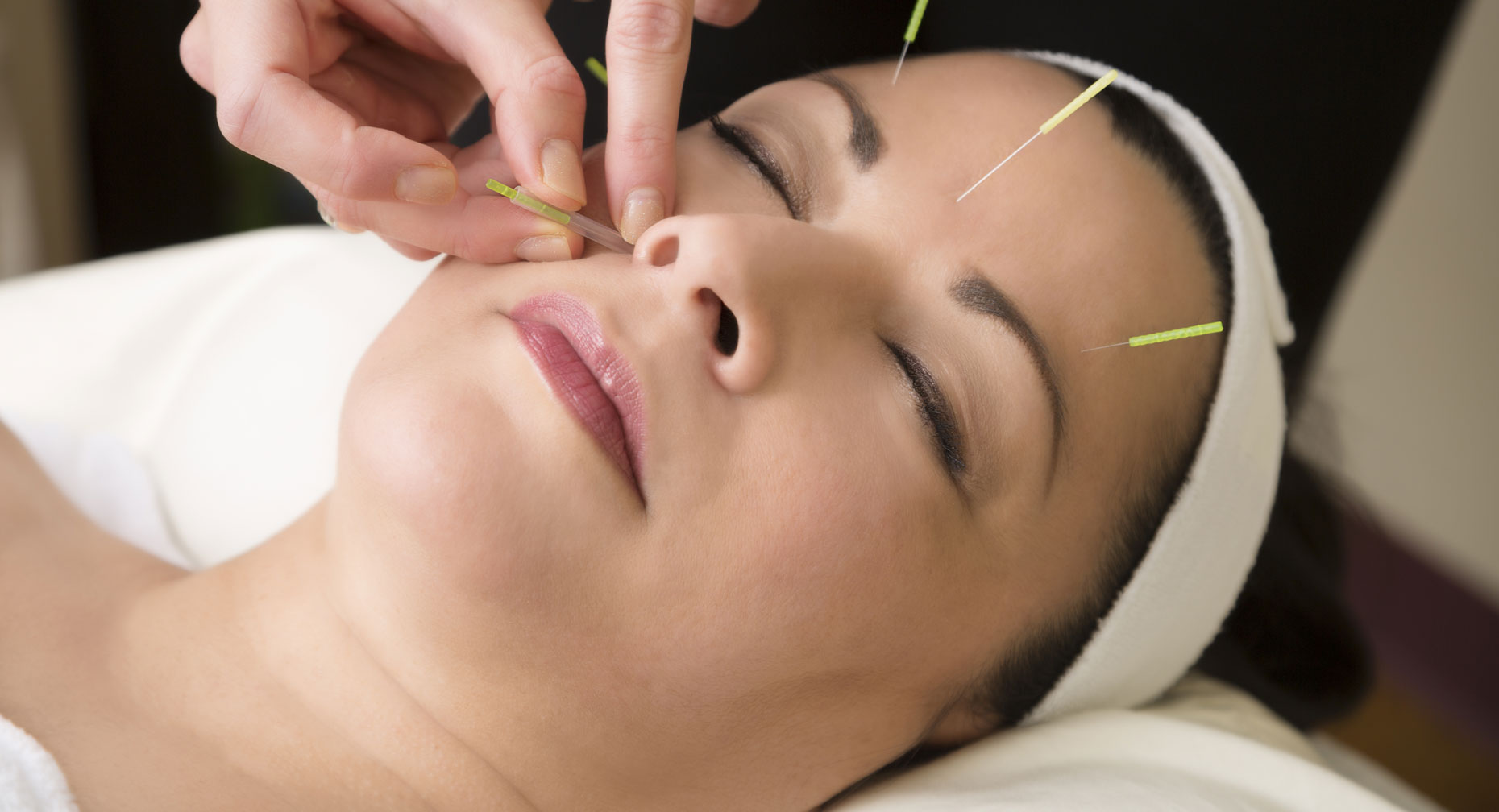True Acupuncture May Reduce Migraines

Answer a few questions and we'll provide you with a list of primary care providers that best fit your needs.
If you get migraines, you may know that acupuncture is often cited as a treatment that can help. A study reported in the Journal of the American Medical Association adds to the positive buzz for the alternative therapy.
Chinese researchers say that when acupuncture is given properly along with electrical stimulation, it may reduce the number of migraine attacks in people who get the most common or episodic form of the painful headaches.
Acupuncture is controversial, says neurologist Richard Kim, MD, of the Clinical Neuroscience Institute. There are many positive and negative studies about the effectiveness of the treatment for treating migraines and headaches.
“I think it does work,” says Dr. Kim. “I have seen patients experience benefits from acupuncture, but I do think a lot of it is the placebo effect.”
Needling Can Bring Relief
The pain and other symptoms of migraines can stop you in your tracks.
About 12 percent of Americans suffer from migraines, says the Migraine Research Foundation. For some people, the pain is so severe that they cannot go about their normal activities.
Migraines happen when hyperactive nerve cells signal blood vessels in the head and brain to expand. This releases inflammatory hormones, causing intense throbbing pain that can last for hours or days.
Acupuncture is a Chinese medical practice used to relieve pain and treat various health conditions. Acupuncture focuses on balancing the life energy flowing through our bodies. The Chinese call this energy Qi (pronounced chee) and believe that it travels along paths called meridians.
An acupuncturist places thin needles into the skin at specific points along these meridians to stimulate the central nervous system. The release of certain chemicals can activate the body’s healing abilities and bring the Qi back into balance.
If a patient wants to try an alternative therapy to ease their migraines, Dr. Kim recommends acupuncture because the potential for side effects is low. “For any patient who wants to try something other than medicine, there are other treatments, and some people do see the benefits,” says Dr. Kim.
Real Treatment or Placebo Effect?
The study reported in JAMA followed 249 people who get migraines without aura, divided into three groups:
- Group one received true acupuncture with electrical stimulation in 30-minute sessions, five days a week, for four weeks.
- Group two received imitation acupuncture.
- Group three was placed on a waiting list for treatment.
Participants were followed for 20 weeks after receiving the treatments. Those in the true acupuncture group had fewer migraines per month, from 4.3 headaches to 3 headaches.
The National Center for Complementary and Integrative Health reviewed the research literature on acupuncture and its ability to relieve headache pain. What causes the relief is unclear. The center says the benefits of acupuncture may come from other sources, such as:
- Patient expectation
- Patient belief
- Placebo response
Many acupuncture studies are conducted in China, where the practice is part of the culture. People may expect the treatment to work, which could explain the positive results of these studies, says Dr. Kim.
Or, says Dr. Kim, the relaxation patients experience during the treatments may also ward off migraine triggers like stress, which may prevent headaches from happening.
More definitive research is needed to prove acupuncture’s effectiveness for headaches. For example, Dr. Kim says this latest study does not address all types of migraines or chronic headache control.
How to Choose an Acupuncture Provider

If you think acupuncture may improve your migraine symptoms, talk with your doctor about trying the treatment.
“If someone were to get acupuncture treatment based on this study, they should get the electrical stimulation to get the benefit. It may be expensive, especially if insurance will not cover it,” says Dr. Kim.
Some points to keep in mind:
- Ask your doctor if acupuncture might be right for your symptoms.
- Acupuncture may be risky if you have certain health conditions, such as a pacemaker or chronic skin infection.
- Talk with your doctor about your current health.
- Choose a licensed acupuncturist. The American Academy of Acupuncture provides a list of doctors who practice acupuncture.
- Discuss the costs and number of treatments with your acupuncture provider.
- Check with your health insurance company.
- Some acupuncture treatments may or may not be covered under your plan.
“I have seen patients experience benefits from acupuncture, but I do think a lot of it is the placebo effect.”
Other Complementary Therapies for Migraine
Acupuncture – or treatments that build upon acupuncture principles, like daith piercing and Botox® injections – have long been touted as a treatment for headache prevention and pain.
You may also want to consider additional ways to address your migraine pain or to prevent a headache.
Other complementary therapies for migraine include:
- Cognitive behavior therapy
- Relaxation training
- Electromyography (EMG) Biofeedback
- Yoga
- Meditation
- Botox®
Be sure to talk with your doctor about any migraine treatments you want to try.
Answer a few questions and we'll provide you with a list of primary care providers that best fit your needs.
Source: Richard Kim, MD, Clinical Neuroscience Institute; Journal of the American Medical Association; CNN; Acufinder.com; National Center for Complementary and Integrative Health; American Academy of Acupuncture





